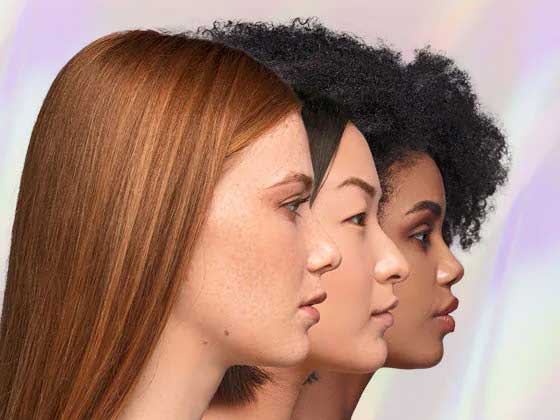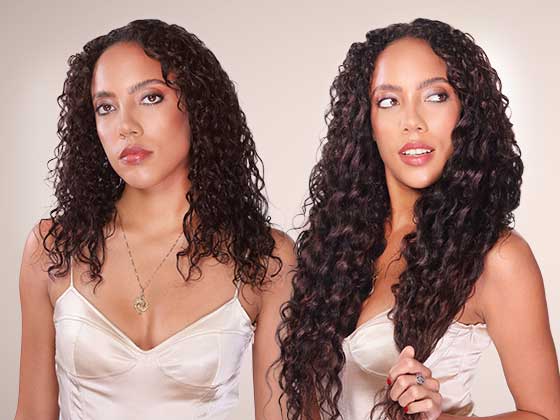Breast cancer. Two words that 1 in 8 women will hear in the U.S. alone this year from their doctor. Each year more than 43,000 women will succumb to it, the vast majority of which were cases of hard-to-treat cancers or those that were detected late stage. For all women, the key is is early detection and aggressively going after it. The 5-year relative survival rate currently is 90.3%, but that rises to 99% with early detection. This is why yearly mammograms are so key, to detect cancer early and start treating it before it has a chance to grow and spread.
Breast cancer forms in the lobules (the glands that produce milk) and ducts (the tubes that transport milk) of the breast. Over time abnormal cells or cancer cells can form in the lobules or ducts before spreading to the the tissue. The most common culprit and risk factor is increased lifetime exposure to hormones such as estrogen. There are many different factors that can affect your chances of developing breast cancer. There’s no one single reason – it results from a combination of the way we live our lives, our genes and our surrounding environment.
Surprising fact: Breastfeeding a child for 6 months to a year can actually lower the risk of both breast and ovarian cancers.
Signs & Symptoms:
Breast cancer most commonly presents as a painless lump or thickening in the breast. It is important that women finding an abnormal lump in the breast consult a health practitioner without a delay of more than 1-2 months even when there is no pain associated with it. Seeking medical attention at the first sign of a potential symptom allows for more successful treatment.
Generally, symptoms of breast cancer include:
- a breast lump or thickening;
- alteration in size, shape or appearance of a breast;
- dimpling, redness, pitting or other alteration in the skin;
- change in nipple appearance or alteration in the skin surrounding the nipple (areola); and/or
- abnormal nipple discharge.

While yearly mammograms are incredibly important, you can also self check yourself for any lumps, however recent studies have shown that this has minimal impact on detection. While the American Cancer Society no longer recommends breast self-exam, Breastcancer.org still considers it to be a helpful tool when couples with yearly exams. If you want to self-check, breastcancer.org has a simply five-step process for a self-exam.
Reduce the Risk Factors:
5% to 10% of breast cancers are caused by gene mutations inherited from a parent (changes in the BRCA1 and BRCA2 genes). Women with a BRC1 mutation have a 55% to 65% chance of developing breast cancer in a lifetime, while those with the BRCA2 gene have a 45% lifetime risk. While genetics, gender and family history are all factors out of your control, the factors within your control are lifestyle ones. Age, abuse of alcohol or tobacco, obesity, radiation exposure, or even postmenopausal hormone therapy all increase risk. However you can actively minimize your fisk in the following ways by up to 30%:
- prolonged breastfeeding;
- regular physical activity;
- weight control;
- avoidance of harmful use of alcohol;
- avoidance of exposure to tobacco smoke;
- avoidance of prolonged use of hormones; and
- avoidance of excessive radiation exposure.
Treatment Options
Once diagnosed and you receive a recommended treatment plan from your health care provider the Susan G. Komen Foundation recommends always considering getting a second opinion before you begin.
There are currently six types of treatment methods currently that include:
- Surgery (Mastectomy)
- Chemotherapy
- Radiation
- Hormonal Therapy
- HER2 Targeted Therapy
- Immunotherapy
2023 Breakthroughs & Science
1: Not one disease but multiple and hormone status. One of the more current understandings of breast cancer is that it is being increasingly viewed as multiple different diseases. This discovery has led breast oncologists to create individualized treatment for each patient.
2: Targeted therapies offer options for HER2-Positive Cancers. Just a few decades ago they were the most aggressive and difficult to treat, but now they are the most successful to treat. The key to this change is “targeted therapies” include new drugs such as Herceptin that, a man-made protein that likes our own antibodies that attaches to the HER2 protein on the surface of cancer cells and stops them growing.
Hair Solutions
Radiation and the stress on the body during treatment can trigger hair loss, but new options such as ice caps during chemotherapy treatments can minimize the damage to the hair follicle. Moreover, wigs, toppers and other add-on hair options are more realistic looking and discrete today than they were decades ago.
Here at Perfect Locks we have detailed articles on all of the options available to you and our trained staff is always ready to have a discrete, empathetic conversation with you to help you decide. You’re not in this alone.















